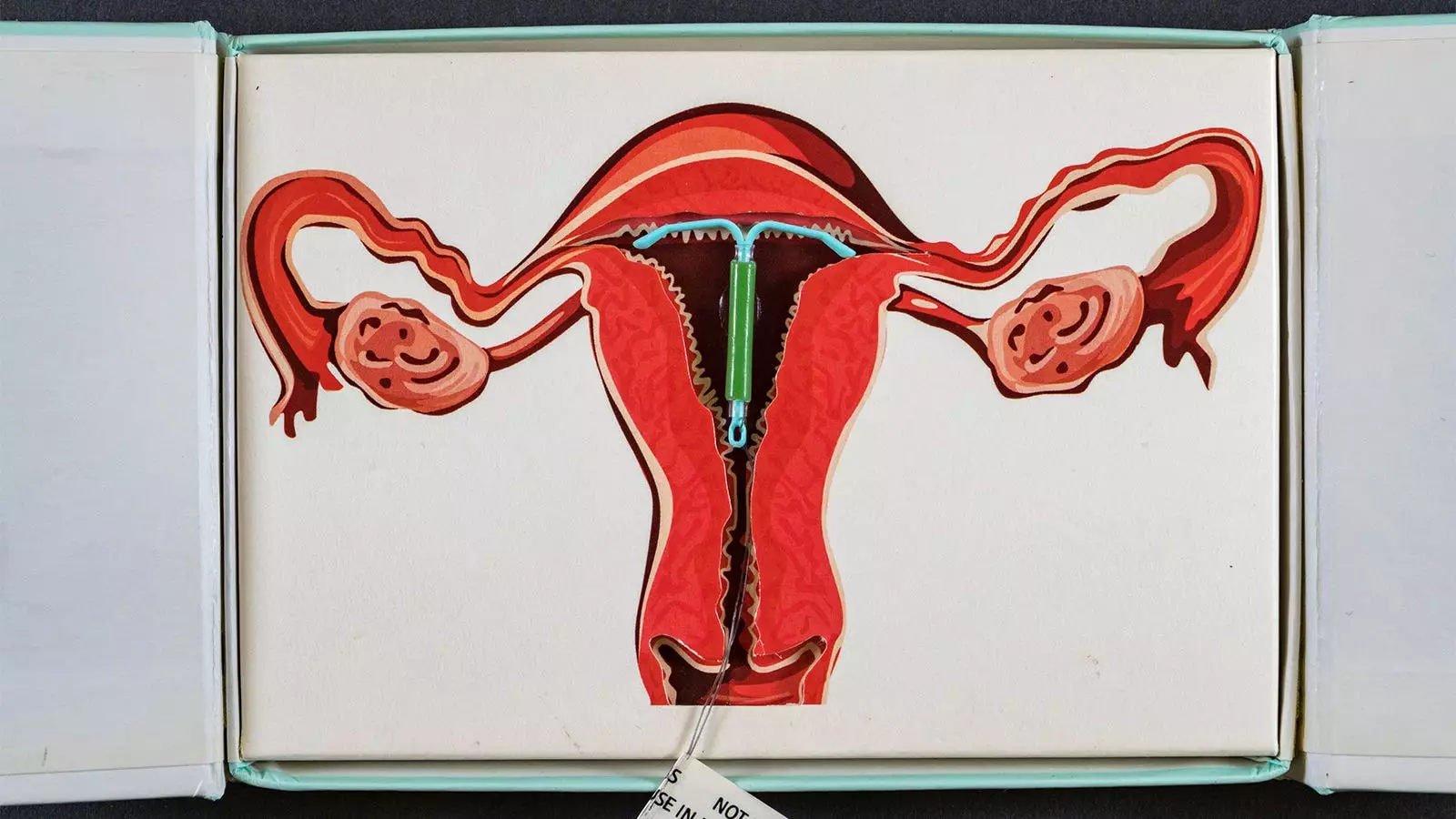Research regarding hormonal contraceptives and their potential health risks has garnered increased attention in the medical community. A recent Danish study reveals significant findings concerning the use of levonorgestrel-releasing intrauterine devices (IUDs) among women under the age of 50 and its association with breast cancer risk. These findings suggest a complex interplay between contraceptive methods and long-term health outcomes, prompting healthcare professionals to reconsider the implications of IUD prescriptions and the importance of informed patient discussions.
Over a follow-up period approaching seven years, researchers led by Lina Steinrud Mørch from the Danish Cancer Institute examined nearly 160,000 women aged 15 to 49. Their study aimed to clarify the long-term risks associated with the use of hormonal IUDs, particularly levonorgestrel. Results indicated that women using these devices faced a 40% greater likelihood of breast cancer diagnosis compared to those who employed non-hormonal contraceptive methods. Encouraging long-term IUD usage has become increasingly common; thus, understanding the related health risks is imperative.
One of the critical findings of the study was the correlation between the length of time using the IUD and the increased risk of breast cancer. For women utilizing the device for over a decade, the risk escalated significantly, suggesting not only a risk but a dose-response relationship. With the potential for breast cancer diagnoses escalating from 14 to 71 excess cases per 10,000 users as usage duration increased, this data demands a re-examination of how long women are prescribed hormonal IUDs without a comprehensive assessment of their personal cancer risks.
The study also raises questions about the safety profile of levonorgestrel IUDs compared to other hormonal contraceptives, such as birth control pills. Previous research yielded a similar hazard ratio regarding short-term risks, yet lacked substantial insight into long-term use patterns. This study adds critical context by showing consistently increasing hazard ratios across various time frames—indicating that all hormonal contraceptives might carry inherent risks that require more thorough evaluation.
While the study presents compelling evidence, it is crucial to acknowledge its limitations. One significant factor is the potential for underreporting or misreporting among women who may have removed their IUDs prematurely. Additionally, the analysis could not account for numerous unmeasured variables that may affect breast cancer development, such as lifestyle factors and genetic predispositions. The lack of a clear dose-response relationship also raises questions about the statistical precision of the findings.
In light of these findings, it is essential for healthcare providers to engage in open dialogues with patients regarding the risks associated with hormonal contraception. Clinicians should consider individual histories and potential breast cancer risk factors before prescribing IUDs or other hormonal contraceptives. Making informed choices requires a proactive approach, enabling patients to fully understand both the benefits and risks of their contraceptive options.
The Danish registry study shines a beacon on the relationship between levonorgestrel-releasing IUDs and breast cancer risk, revealing significant insights for women of reproductive age. As the prevalence of hormonal contraceptive use continues to grow, the medical community must remain vigilant in monitoring the long-term implications of these devices. Future research should aim to elaborate on potential risk factors and explore alternative contraceptive methods to ensure women’s health is prioritized in contraceptive counseling. Ultimately, the findings serve as a crucial reminder of the need for personalized medical advice and comprehensive risk assessments in reproductive health management.

Leave a Reply